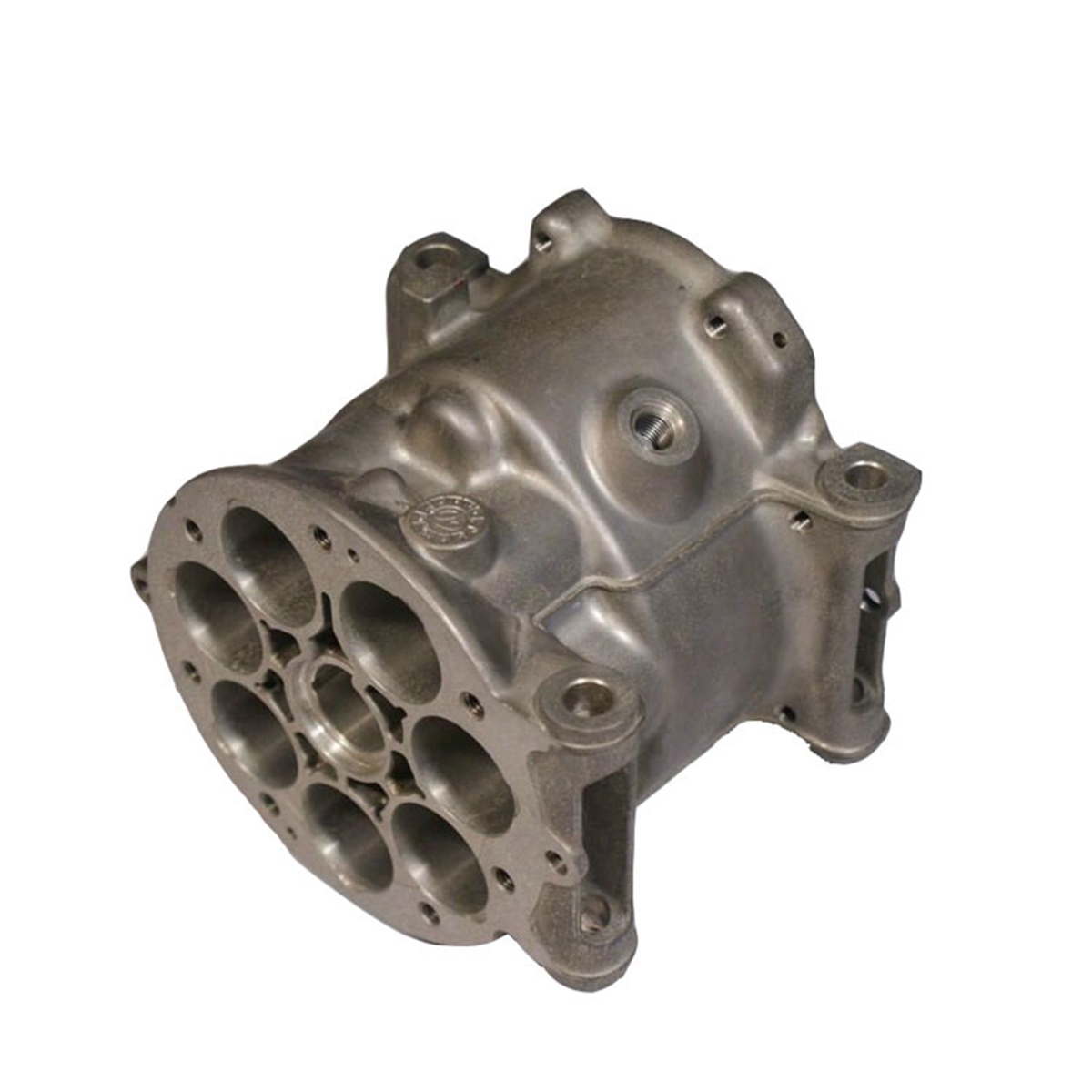
Process of Centrifugal Casting
Mold Preparation Molds are cleaned and examined, and any contaminants from previous casts are removed from the mold. Refractory coatings applied to the mold surface

Mold Preparation Molds are cleaned and examined, and any contaminants from previous casts are removed from the mold. Refractory coatings applied to the mold surface

VCI bags are effective for preventing rust. They utilize Volatile Corrosion Inhibitor (VCI) technology to protect metals during storage or transport. When used correctly, they
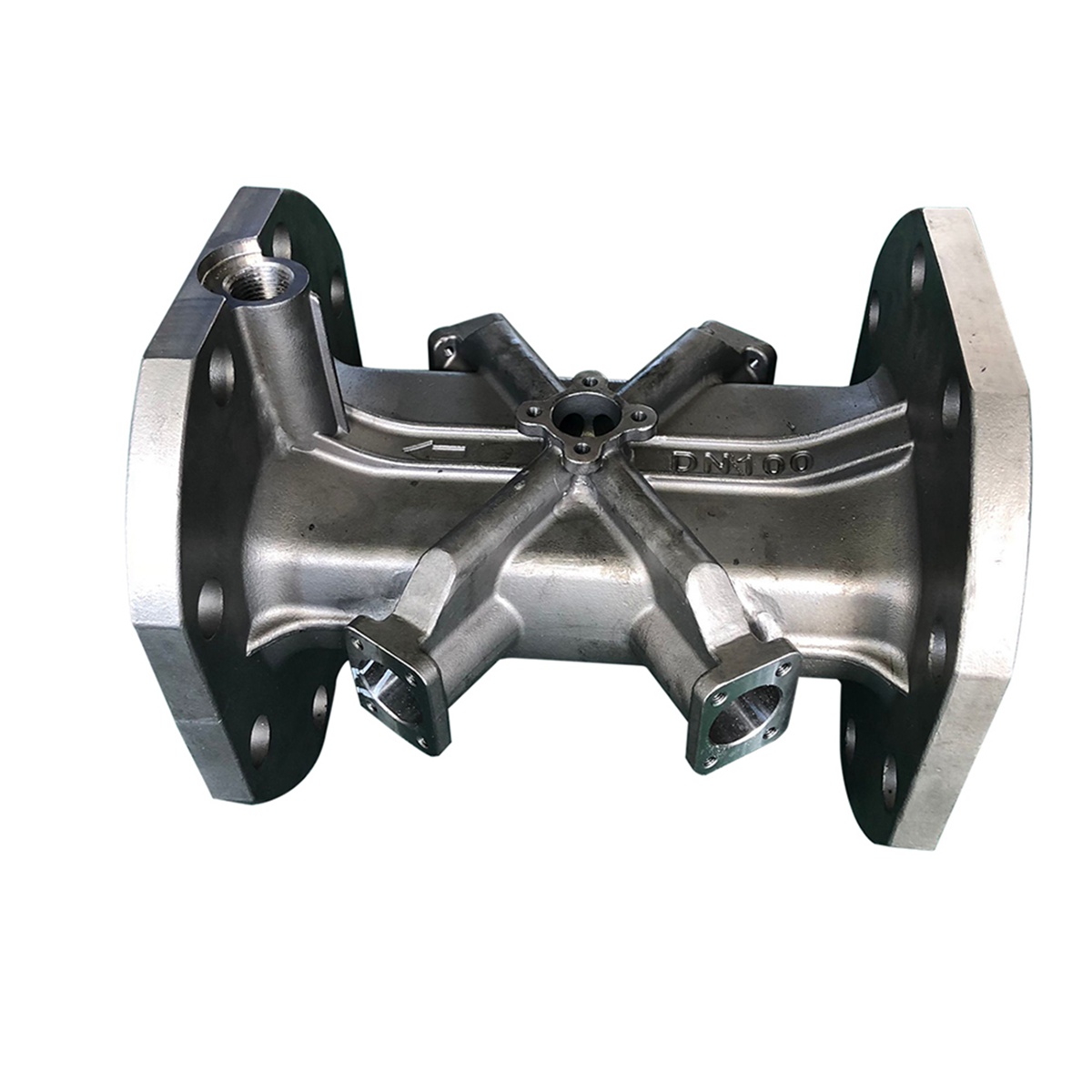
Stronger Parts Hollow Parts Made Easy Better Quality To get the best results, you must focus on two main things: spin speed and machine position.

In the world of mechanical engineering and precision manufacturing, an Interference Fit (also known as a Press Fit or Friction Fit) is a crucial type of connection between two components.
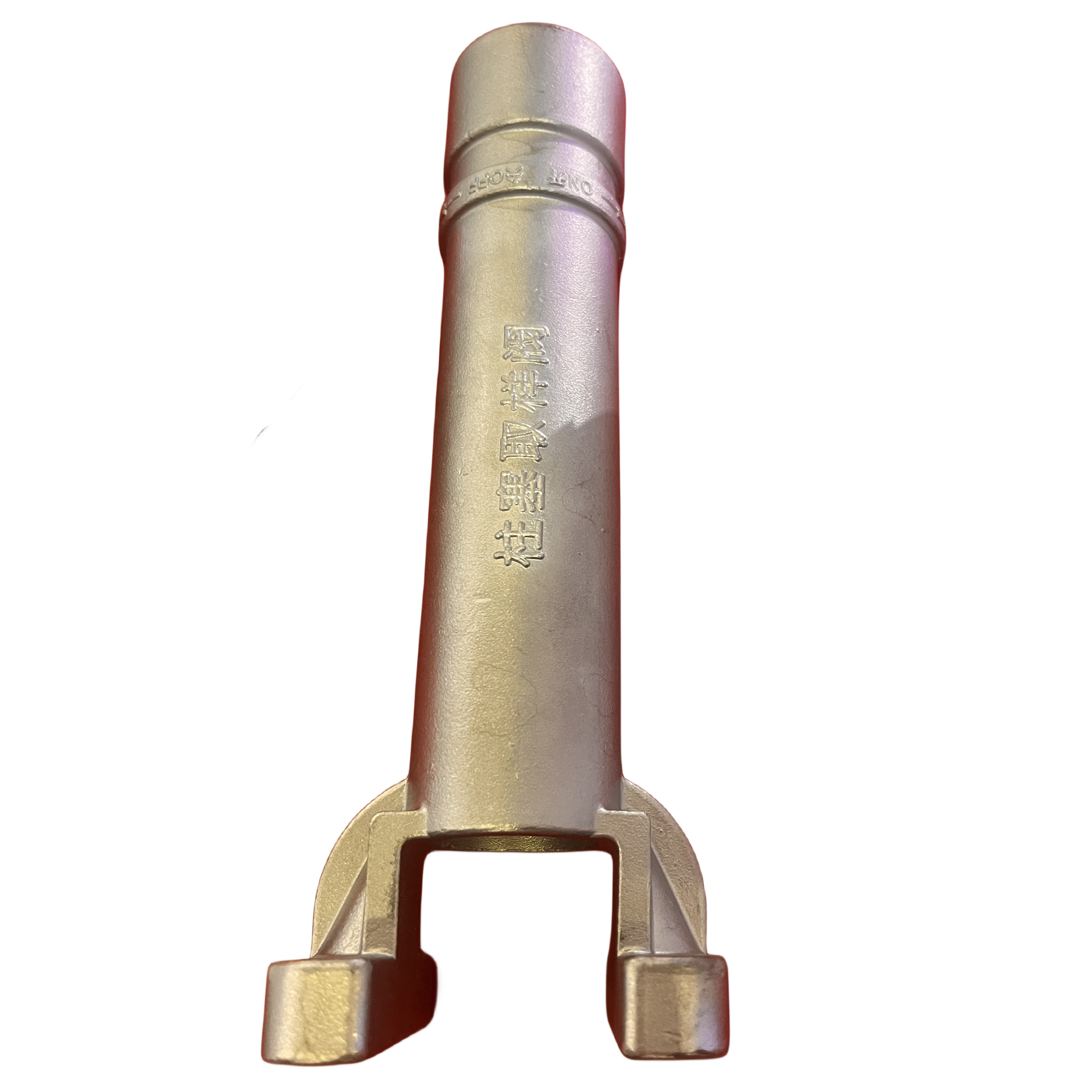
Centrifugal casting is a smart way to make parts using spin. You pour hot, liquid metal into a mold that spins very fast. The outward
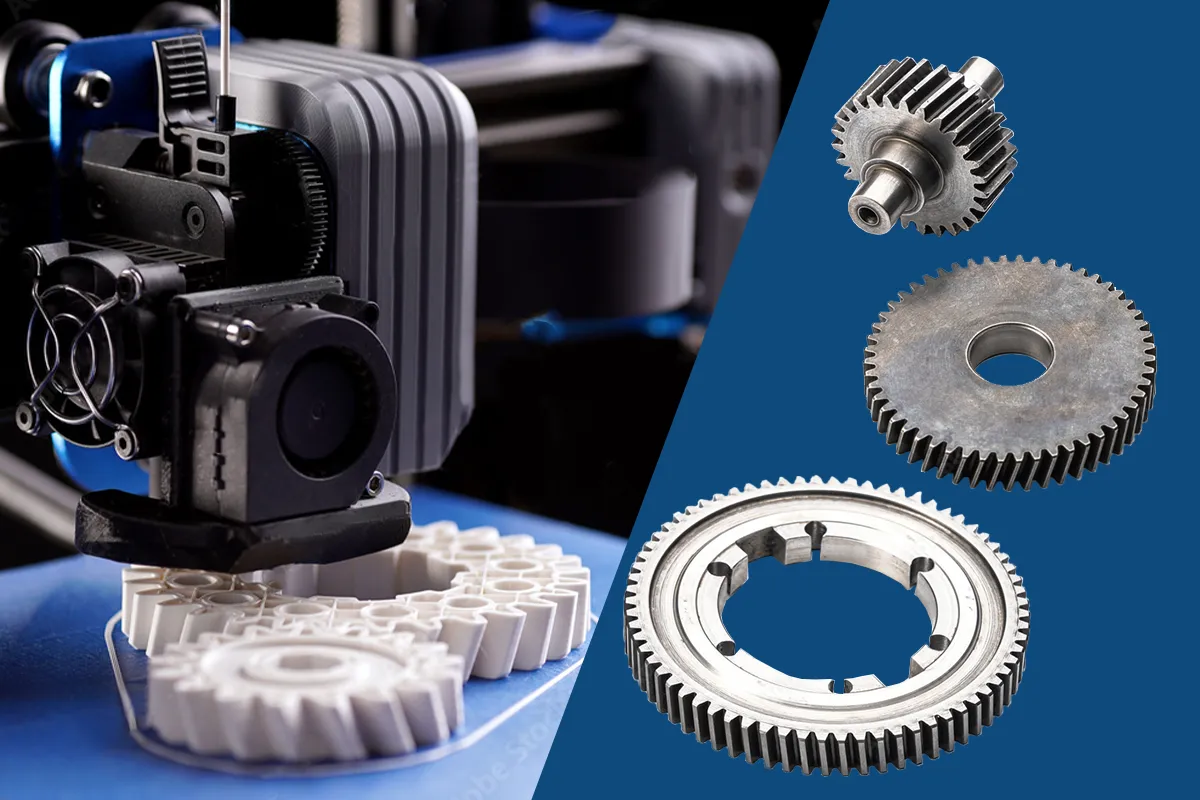
You’ve finalized your design and need custom metal parts. The first and most critical question isn’t “what material?” but “how many?” The choice between low-volume
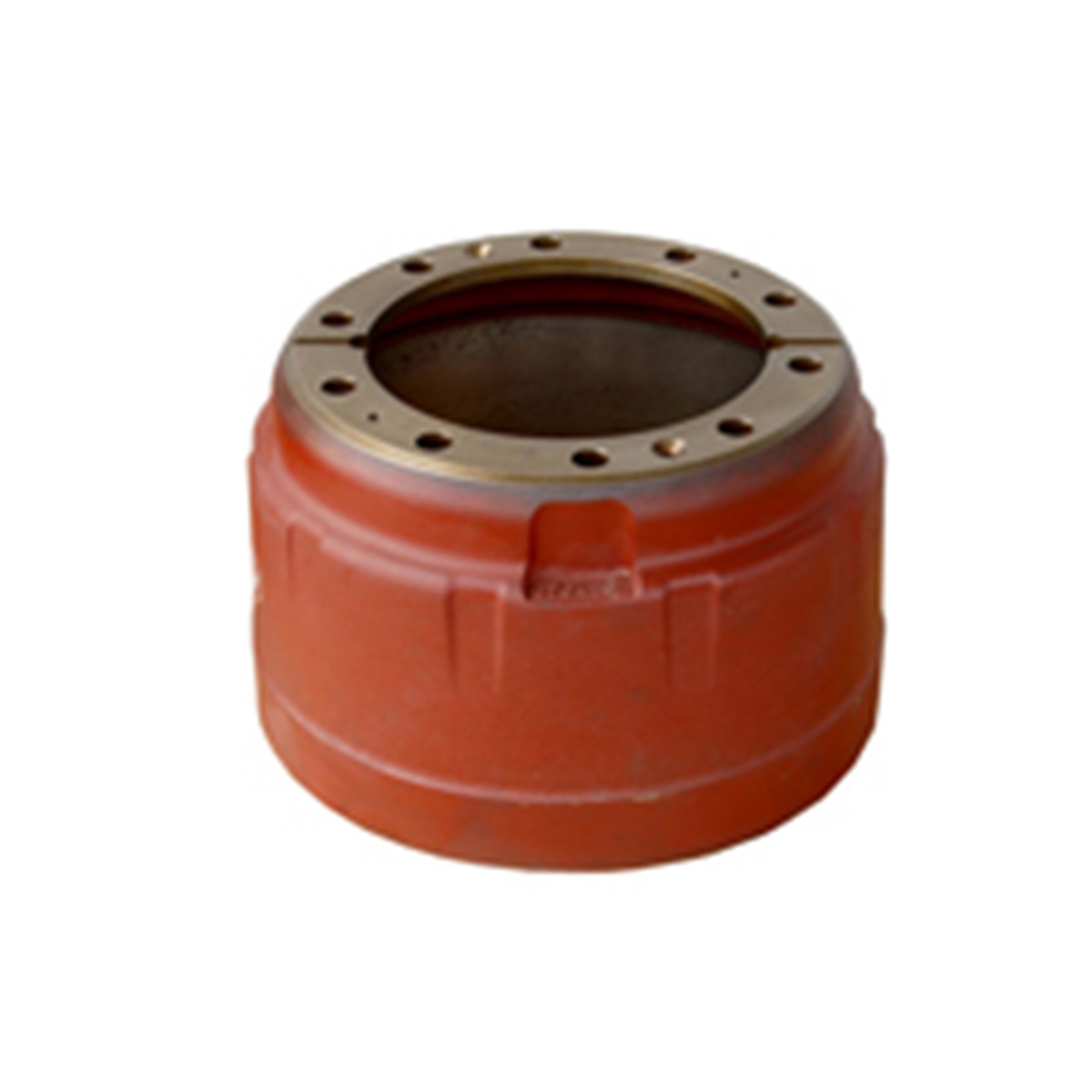
The LFC process explores its charm in a number of industries owing to its ability to produce complex shapes with quite accuracy. Automotive Industry:
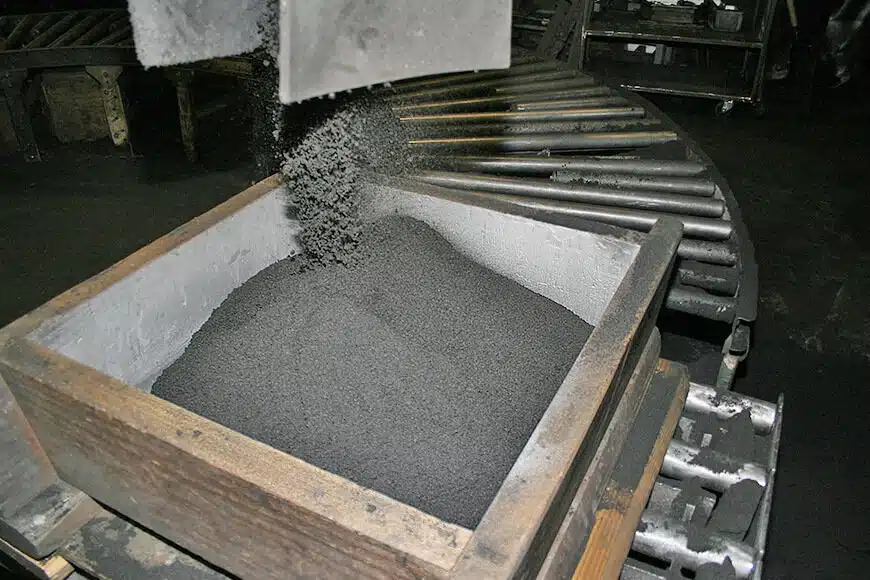
Lost-Foam Casting Sand Casting Pattern Material · Uses expanded polystyrene (foam), which evaporates during metal pouring. · Uses a solid reusable pattern made of
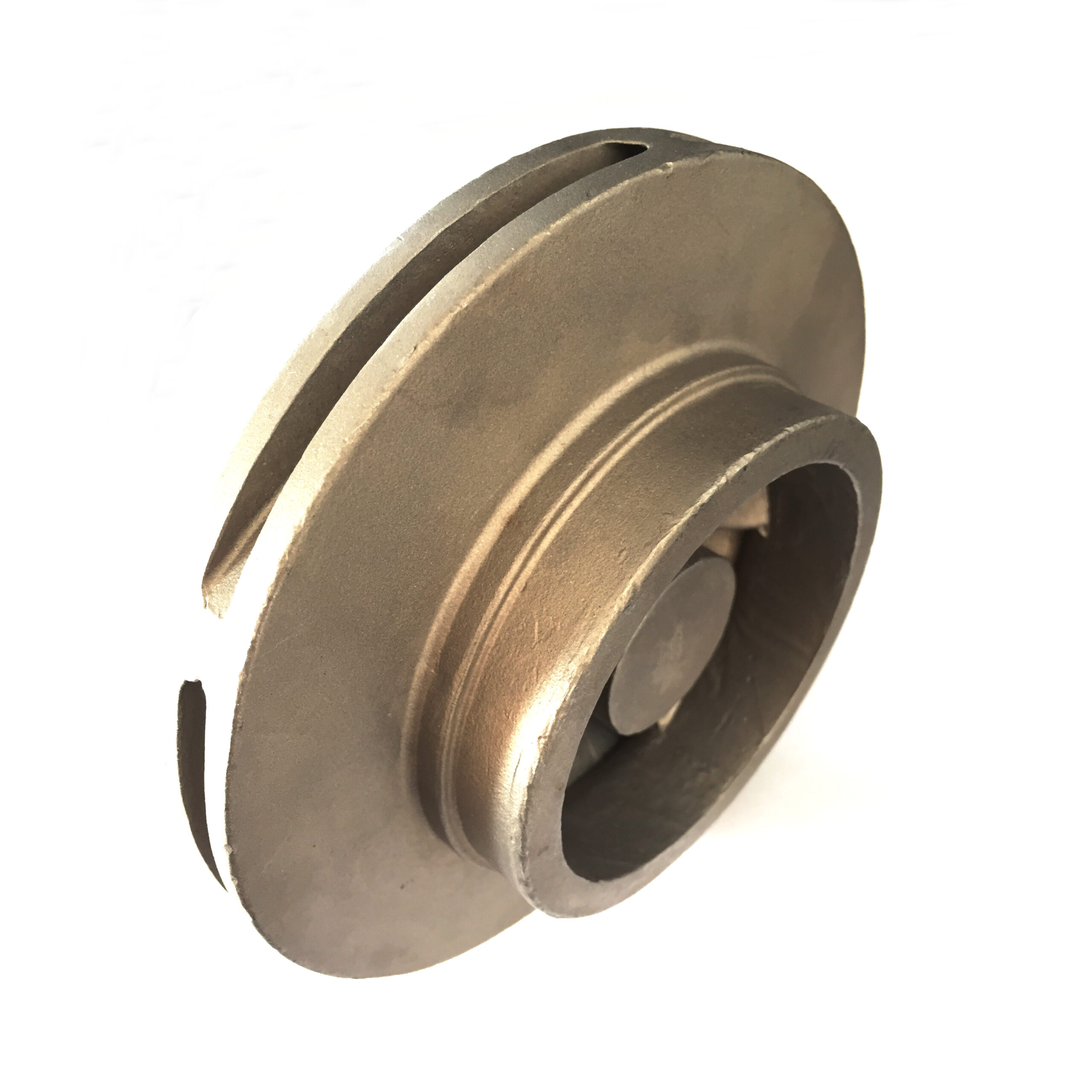
Metallographic testing, or metallography, is the art and science of preparing, examining, and interpreting the microstructure of metals and alloys. This process is fundamental in
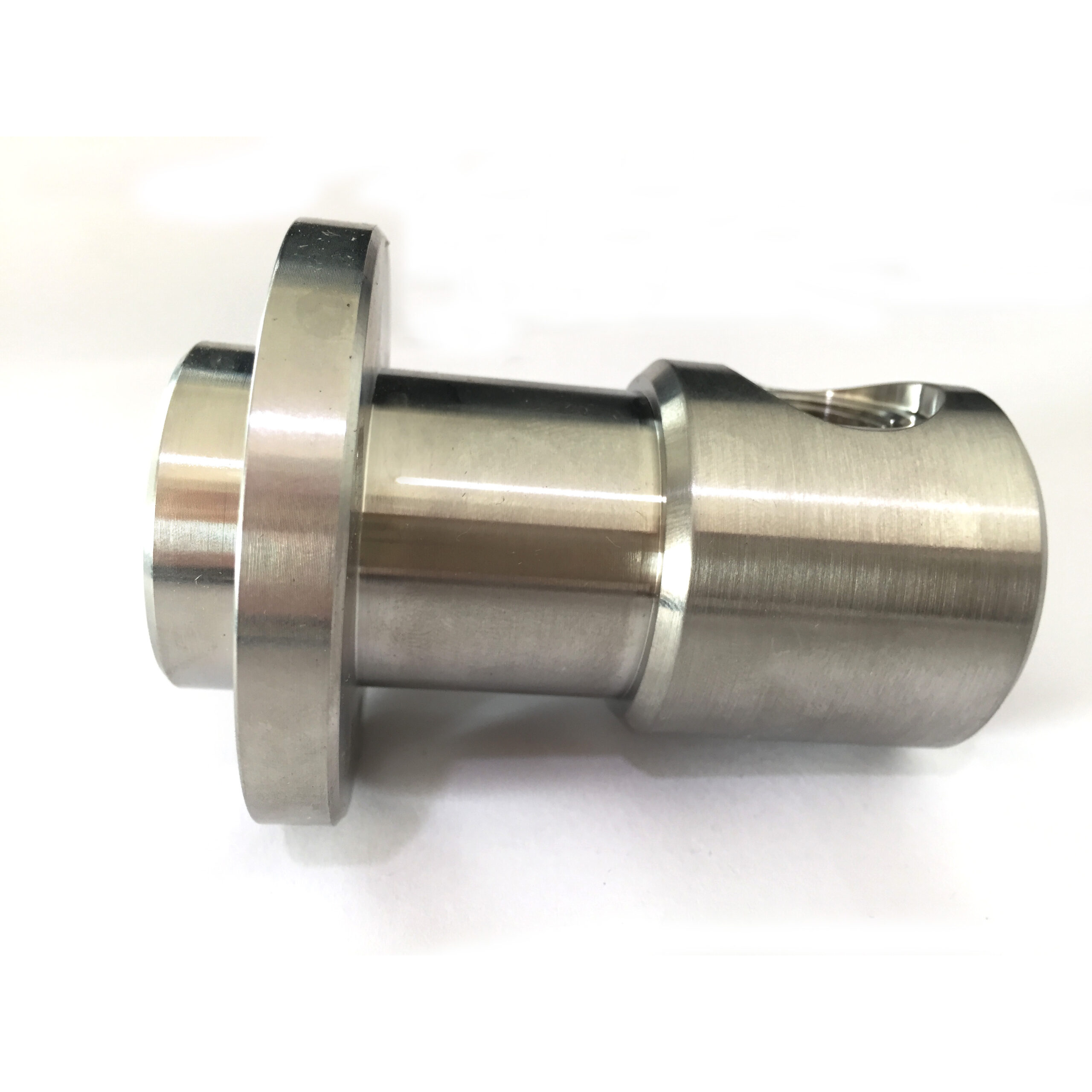
Elongation is a fundamental measure of a material’s ductility, indicating its ability to be plastically deformed without fracturing. It is expressed as a percentage and
WhatsApp us
Ready to Work Together? Build a project with!
*You can upload your design here so that we can provide you with a more accurate quote.